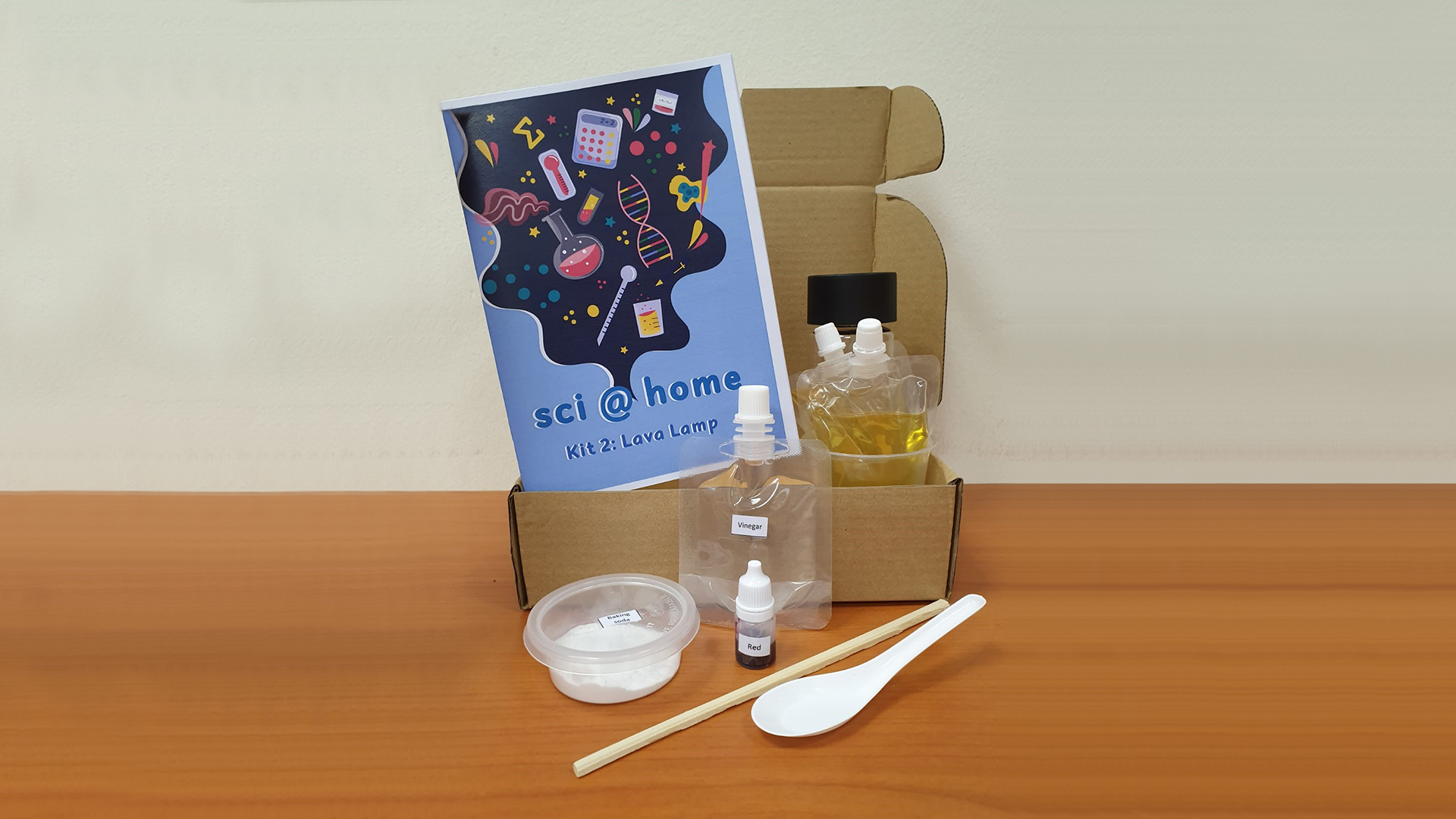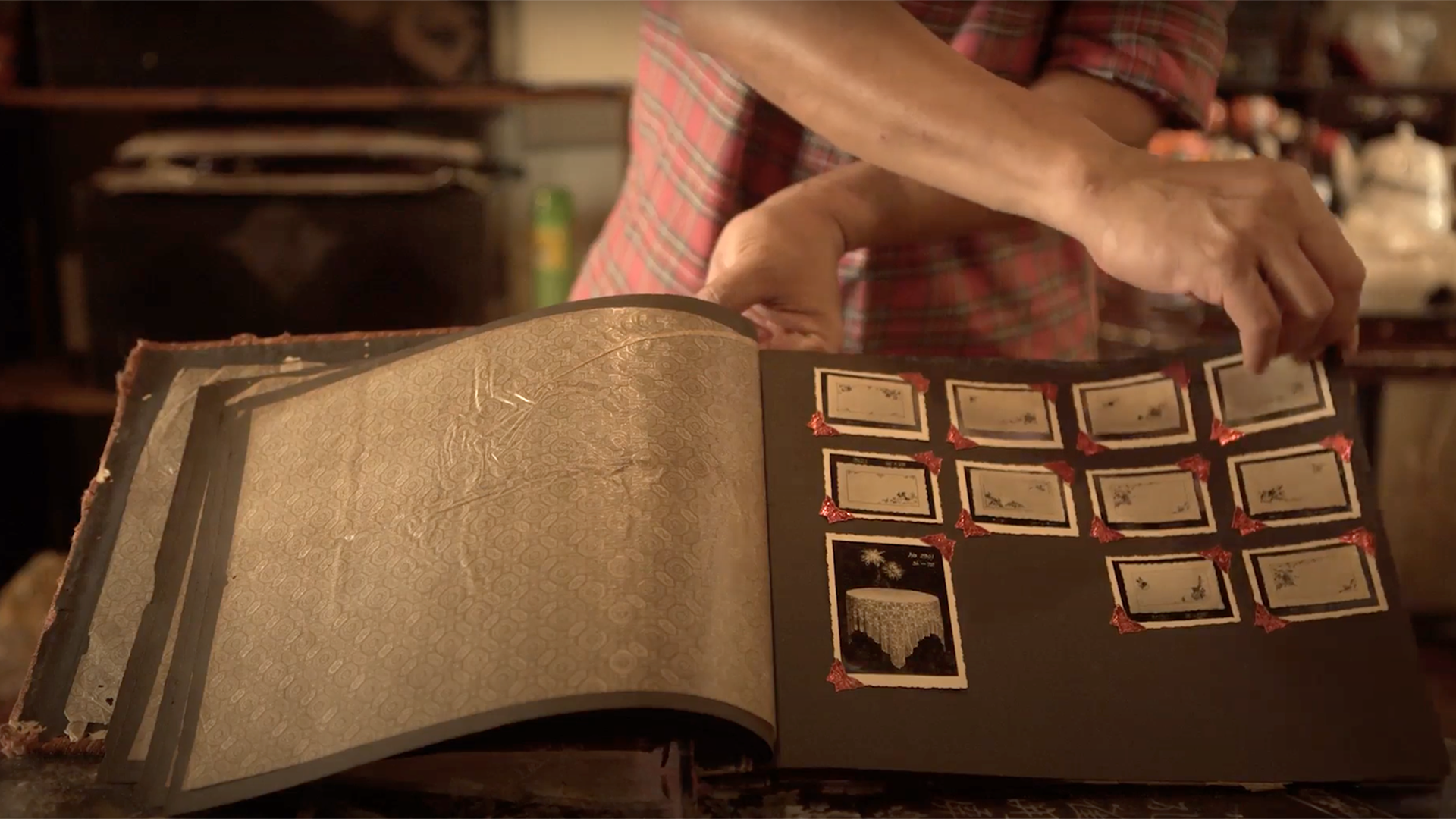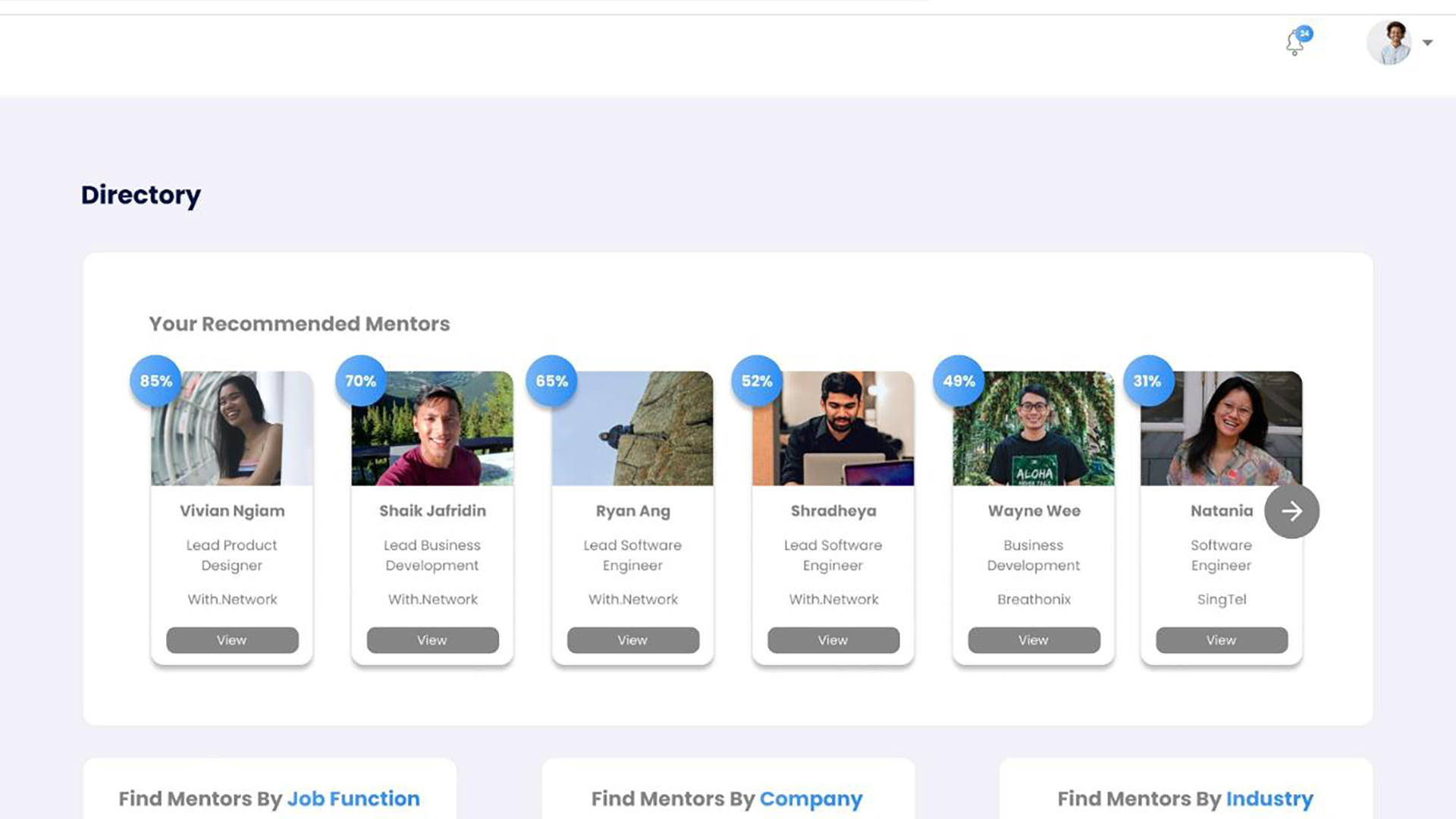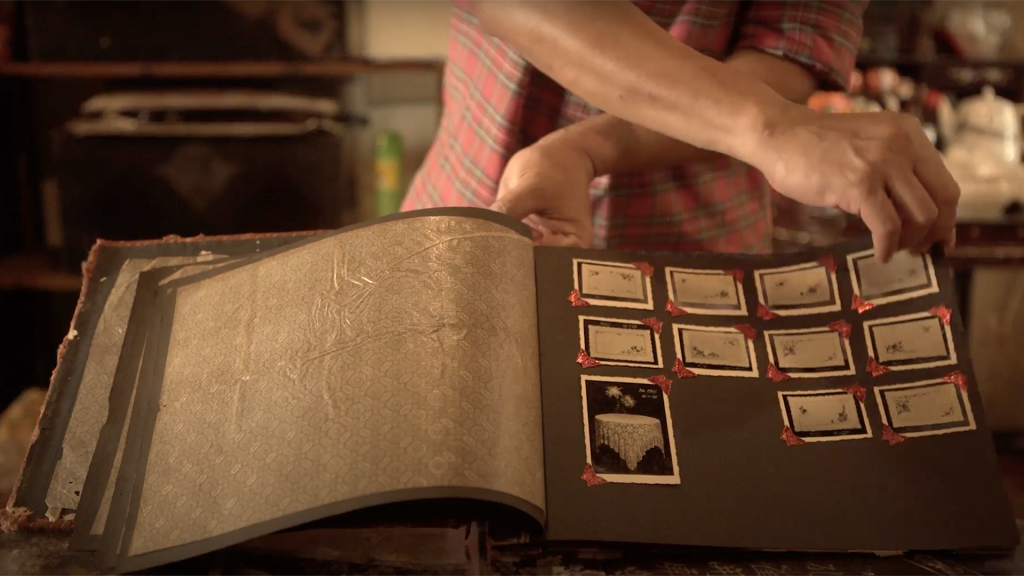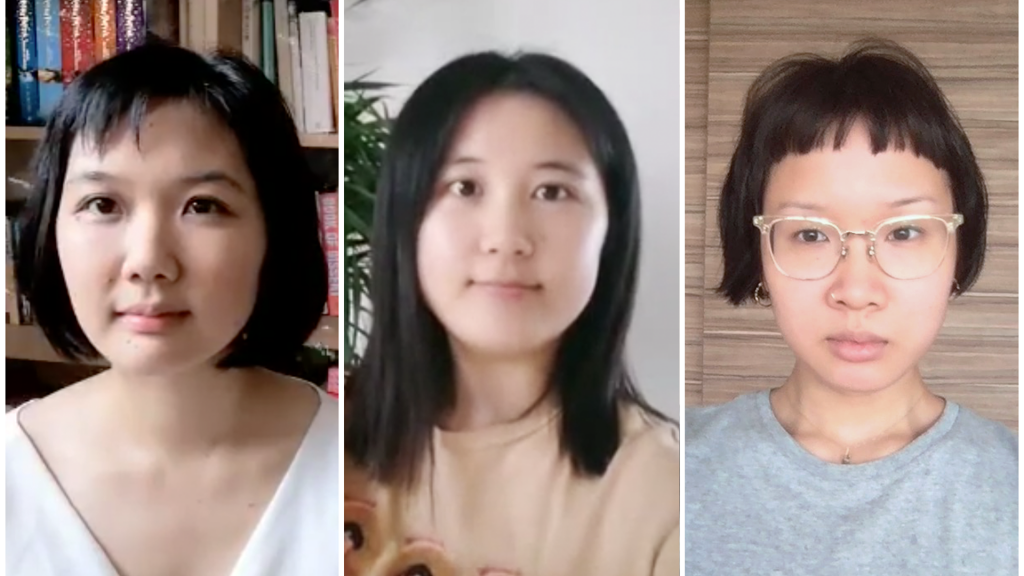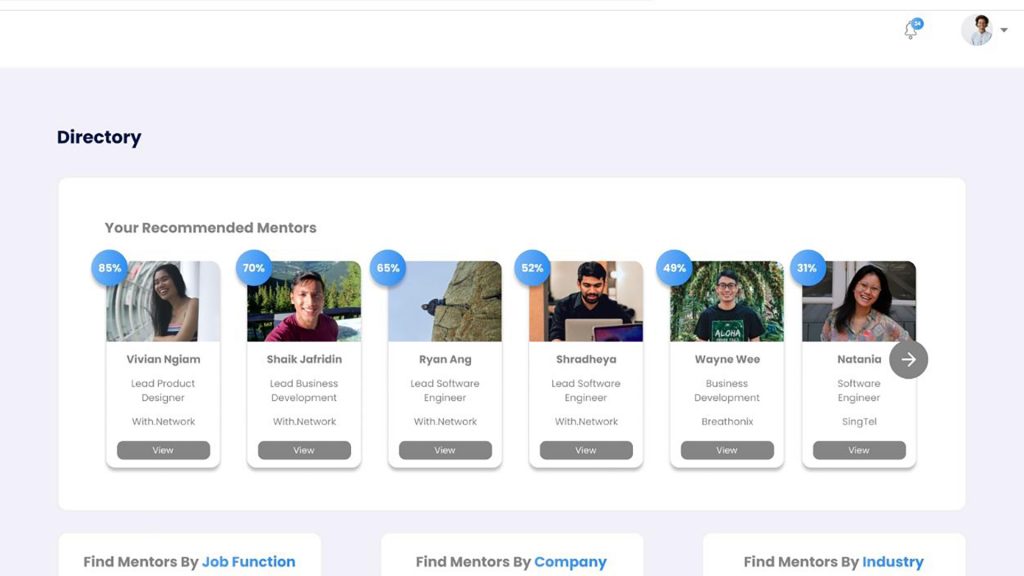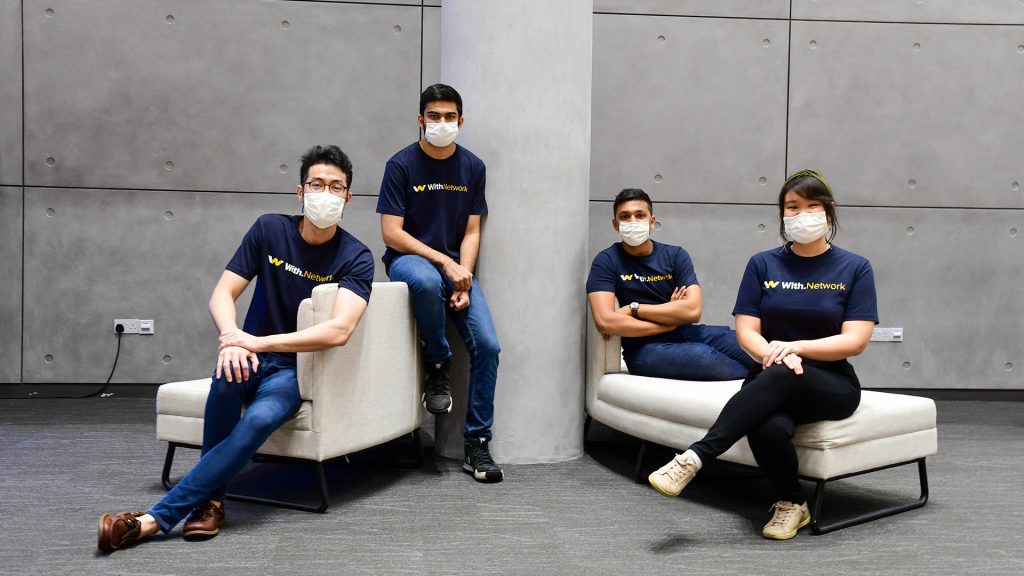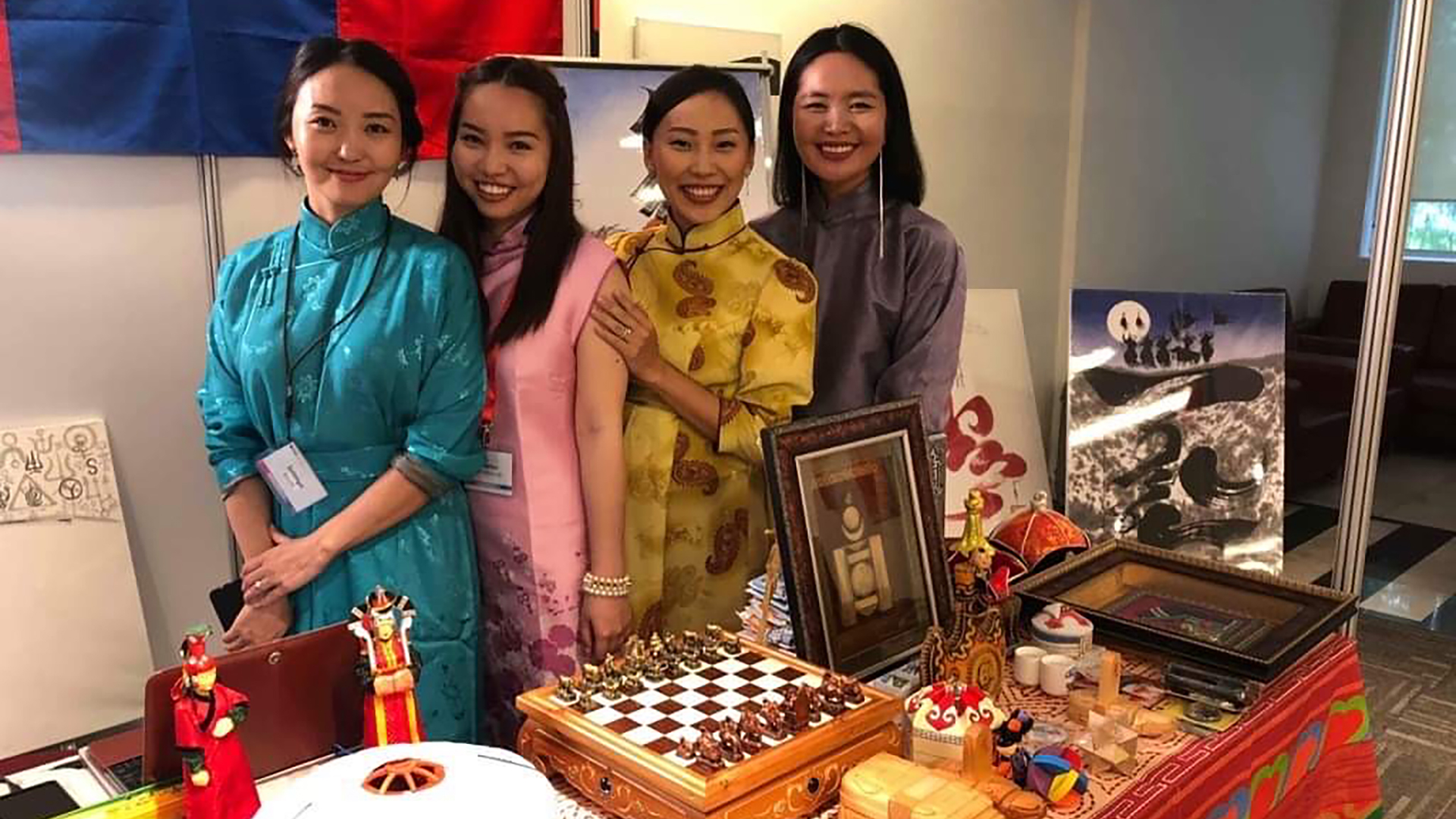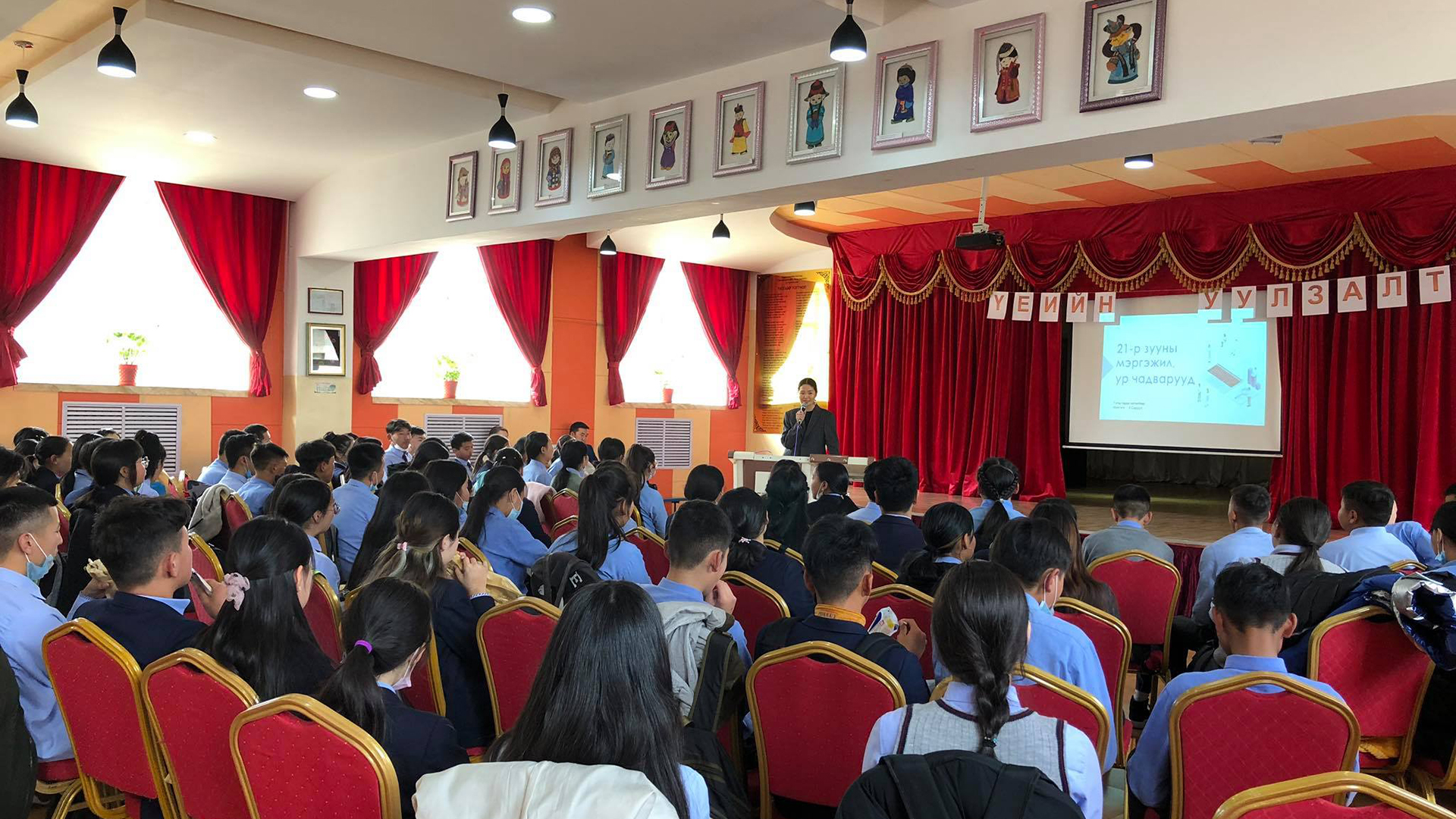Beyond the classroom: Innovations that change the world
December 15, 2020
Sometimes, a bright idea is all it takes to spark a global transformation.
With that in mind, the NUS Resilience and Growth Innovation Challenge had invited recent NUS graduates to submit inspiring proposals under three categories:
- Make Our People Better
- Make Our Society Better
- Make the World Better
As COVID-19 remains a threat, initiatives in the “Make Our People Better” category aim to improve quality of life through better home-based learning and promoting sustainable food consumption. The evaluation panel was led by Ms Melissa Kwee, CEO of the National Volunteer and Philanthropy Centre, and Professor Simon Chesterman, Dean of NUS Law.
Projects in the “Make Our Society Better” category aspire to create a more cohesive society. The panel was helmed by Ms Tan Li San, CEO Designate of the National Council of Social Service, and Professor Robbie Goh, Dean of NUS Arts and Social Sciences.
Proposals under the “Make the World Better” category include eco-friendly products and projects to arm youths with the relevant skills to thrive in a globalised world. The panel was co-chaired by Professor Tommy Koh, Rector of NUS Tembusu College, and Professor Phoon Kok Kwang, NUS Senior Vice Provost (Academic Affairs).
“As future leaders of society, our youth carry the responsibility of leaving their mark on the next generation. In this regard, it is heartening to see them championing causes that can positively impact the world,” said NUS President Professor Tan Eng Chye.
NUS is continually reviewing new proposals that are streaming in. The University intends to support 115 projects in all, a nod to its 115th anniversary that is being celebrated this year.
These six ideas stood out from the 32 projects supported so far.
Encouraging budding home farmers
Lettuce, mint and even tomatoes – Singaporeans may soon be able to grow these vegetables and more in their HDB flats.
Having witnessed “a deep psychological fear” when COVID-19 sparked panic buying here, Toby Fong and his team – superFARM – decided to bolster the nation’s food security. Their plan? Encourage green fingers through home-based farming.
“When we think about food security, it’s usually at a national level so it almost feels like the individual (is disconnected) from the entire food security equation,” said Toby, who graduated with a Master’s from NUS Architecture this year.
Under the “Make Our People Better” category, Toby, NUS Computing graduate Lim Hui Qi and NUS Arts and Social Sciences graduate Ong Jun Ren will design modular farming units that can fit into the smallest of homes. These units can also be customised for bigger spaces.
The plan is to transform niche hydroponics systems into functional mini-farms. In the next six months, half of their $50,000 funding will go to research such as field testing and online surveys, while the rest will be used for prototype development.
The team also wants to expand the individual’s role in food security to make sustainability a way of life.
“We want to recalibrate people’s attitude and behaviour to encourage responsible food consumption,” said Toby.
Making science fun for kids
Using portable science kits, sci@home is a project that will support community outreach efforts during the year-end school holidays by making science fun for underprivileged children.
“COVID-19 has unfortunately disrupted physical community engagement and outdoor learning opportunities for children, especially those from disadvantaged backgrounds,” said team member Lau Shi Yun, a NUS Physics graduate.
A $49,000 grant will allow Shi Yun and her four teammates – NUS Life Sciences graduate Chee Min Yee, NUS Psychology graduate Constance Seah, final-year Life Sciences student Pang Seok Mun and final-year NUS Chemistry student Jane Yap – to provide the kits for free. Each comes with the necessary materials and an activity booklet to help users understand the content better.
The five came together for this project that falls under the “Make Our People Better” category.
Faculty of Science undergraduates from Young Educators in Science – a programme that trains students to teach science – will serve as facilitators. They will conduct in-person and online sessions on how to apply scientific concepts such as density and polarity in real life.
With a supplementary YouTube channel, lessons are made more accessible as children can revisit previous experiments and clarify doubts anytime.
The kits will be distributed to beneficiaries by community partners. Sci@home will also use the grant to develop new kits once a month and beef up their online engagement tools and platforms.
“By tackling some of the challenges that these children and their families may face, we hope to help these young children adapt to home-based digital learning,” said Seok Mun.
Connecting generations through collections
At Tiny Museums, Singaporeans can explore an online trove of personal collections – ranging from ancient kerises to vintage vinyls – with guided tours from their owners.
The brainchild of Chua Ying Qing, Bu Dongqing – Master’s in NUS Southeast Asian Studies graduates – and Jamie Lee, the initiative aims to foster intergenerational connection under the “Make Our Society Better” category.
“The divide between older and younger generations is a growing concern in Singapore, and bridging this gap can seem like quite an insurmountable task,” said Jamie, a Southeast Asian Studies graduate.
Seeking a creative approach, the team linked up with The Folklore Archives, a group that organises in-person tours showing private collections of senior citizens to students and members of the public.
When COVID-19 hit and gatherings were banned, Tiny Museums tapped The Folklore Archives’ projects to build an online platform offering virtual tours.
While the duration and number of participants per session are still being firmed up, the team has partnered with schools and senior care centres for trials.
To widen their collection, the team has reached out to more senior collectors via Facebook and WhatsApp, and are currently screening potential candidates. There are also plans to use their $50,000 grant to create short films for collectors to showcase their wares.
“(Through this project), we hope to spark organic interactions between individuals of different ages and backgrounds,” said Jamie. “Ideally, we’d like to recreate that sense of intimacy in the original Folklore Archives sessions.”
Building digital bridges for mentorship
Entering the workforce can be intimidating for soon-to-be graduates. But with a helping hand, the transition from student to professional life can be smoothened
For NUS Mechanical Engineering graduate Shaik Jifridin and his team, they realised the importance of networking and value of building a mentorship culture with people who are successful in their own disciplines.
But connecting with the right people was difficult. The restrictions during the COVID-19 pandemic made things worse by curtailing physical interactions.
To bridge the gap, Shaik and his team created With.Network, an online social platform for NUS students that forges seamless connections through sharing of ideas and collaborations.
“We want to redefine mentorship and allow schools to scale mentorship operations,” said Shaik, who counts fellow Mechanical Engineering graduate Mohammad Azfar, NUS Computing Science graduates Shradheya Thakre and Ryan Ang, and NUS Communications and New Media graduate Vivian Ngiam as his teammates.
The platform allows students and alumni to connect in a private network and engage meaningfully under the guidance of NUS. Mentees can view available mentors from various industries such as advertising or IT. The platform’s settings also allow mentors to choose how often they prefer to be contacted.
Its pilot run in February 2021 will include 50 students paired with several alumni of NUS Enterprise, the university’s entrepreneurship arm.
“We found that most alumni who have been in the workforce for at least five years are open to share their knowledge and mentor students from their alma mater if approached,” said Shaik.
By fostering greater collaborations within the school network, the team hopes to create a stronger, lasting mentorship culture.
Bag it up, we’re going green
As clothes and groceries arrived at his doorstep during the circuit breaker period, NUS Engineering graduate Sean Lee soon discovered that his online buys came with piles of plastic bags.
While e-commerce has certainly made his life easier, the amount of packaging waste spurred him and four friends to propose an eco-friendly alternative.
“The items are brought to us, so the extra packaging doesn’t make much sense,” said Sean. “This puts a lot of pressure on the consumer to be responsible (in disposing of) this packaging.”
Together with fellow Engineering alumni Jeremy Chew, Marcus Lo and Cui Wenshuo, and NUS Science graduate Edwin Wong, Sean pitched their ECOPack idea under the “Make the World Better” category.
Made for online customers, the eco-friendly carrier is designed to be durable, easy to clean and highly functional.
Customers can drop the bags off at easily accessible businesses such as supermarkets and retail stores working with ECOPack. It is a win-win partnership as brands can embrace sustainability while increasing foot traffic.
The ECOPacks will be collected and sent for cleaning, while quality checks will be done at a central location to ensure a longer lifespan to offset the carbon footprint caused by production.
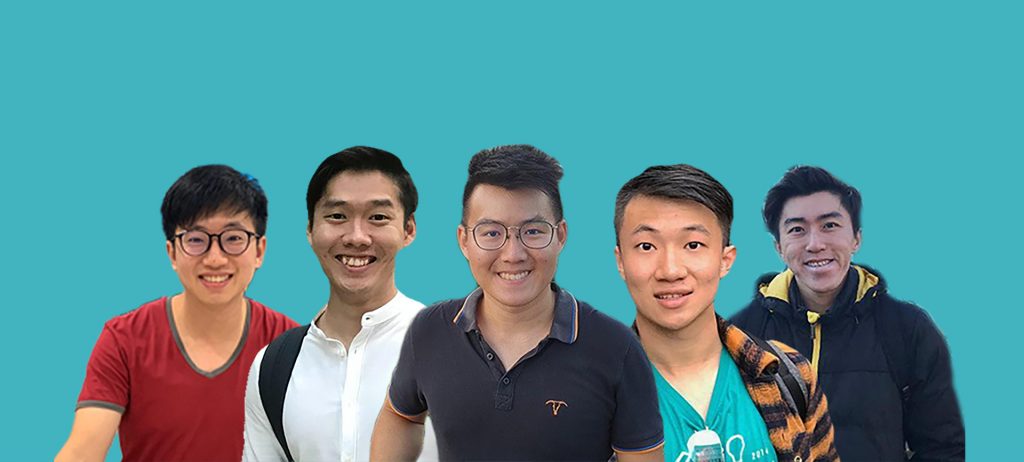
Empowering Asian youth in underserved communities
As children who led nomadic lives in Mongolia, Temuulen Bayaraa and Solongo Batsuren overcame the odds to become successful young professionals today.
Their experience motivated them to empower the next generation through self-development programmes. Together with fellow Mongolians Saruul Khatanbaatar and Binderiya Makhbal, who are all Master’s in Public Policy graduates, they created Equity Lab.
“(Mongolian youth) want to be provided with the opportunities to grow and the ability to be in charge of their future,” said Saruul, whose team participated in the “Make Our People Better” category.
They discovered that nearly one in three Mongolians live in extreme poverty, a systemic issue perpetuated by poor access to quality infrastructure and services. However, the lack of social mobility was something they could address.
From their research, the team found that 15- to 18-year-olds would benefit most from their project. Through workshops, the youngsters will gain financial and communication skills, digital literacy and a better idea of their career prospects.
With their $50,000 grant, Equity Lab will develop educational resources and activities, and use a digital tool that offers gamified solutions to attract and incentivise students.
Their prototype will be tested with a partner school on the outskirts of Ulaanbaatar. Once successful, they plan to expand the programme to similar underserved communities across Southeast Asia.
“We want to see many more youths who are confident in their future and have the will to create positive impact both locally and globally,” said Temuulen, co-lead of Equity Lab.


